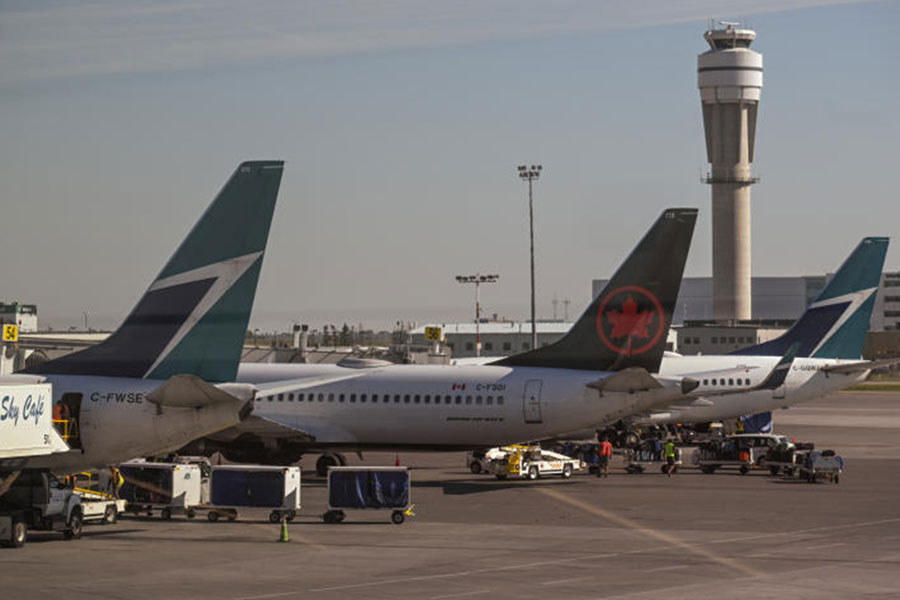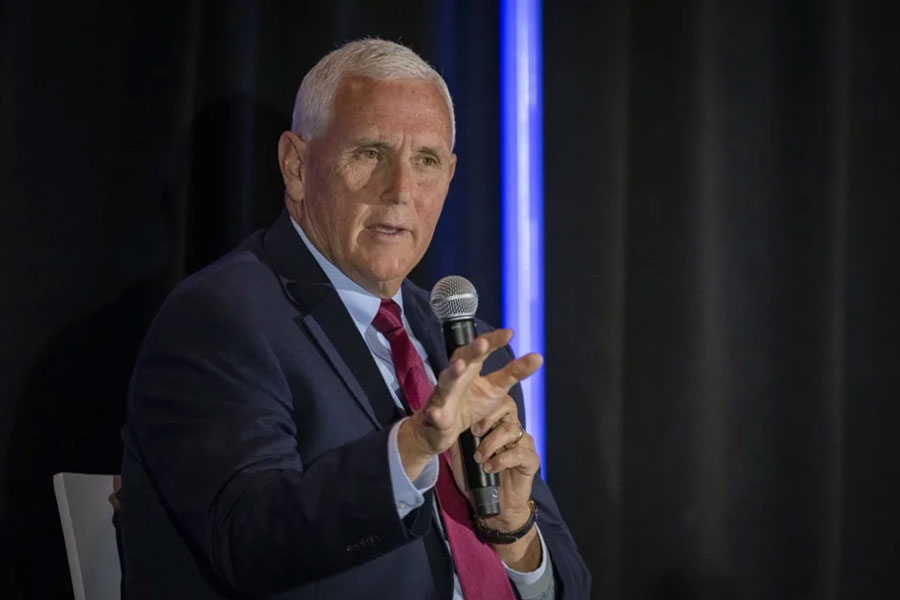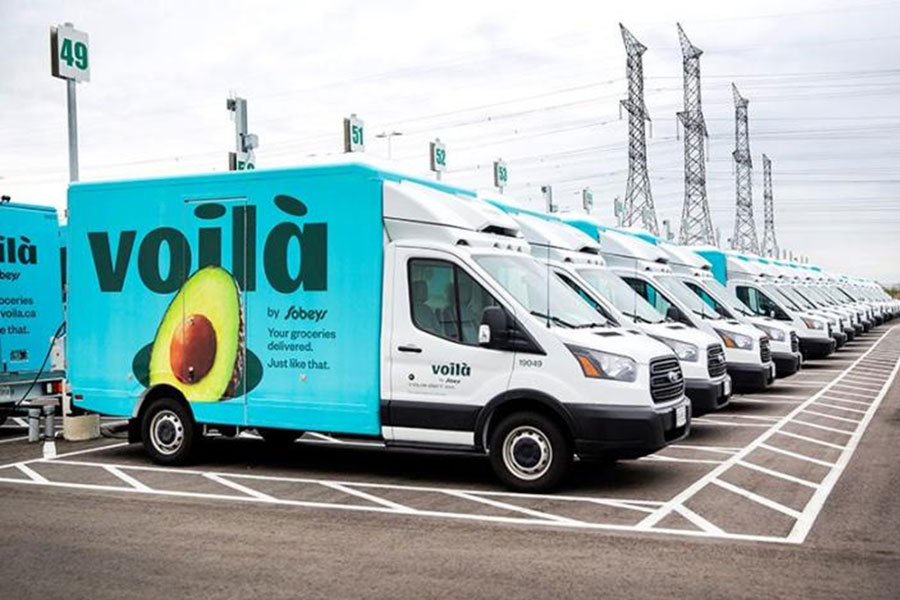
Experts predict the outcome of a government investigation into airline competition in Canada may influence the country’s airlines, but they expect minimal industry changes.
Canada's airline industry is currently under scrutiny, as the Competition Bureau conducts a thorough investigation into the state of competition in domestic air travel. This investigation, prompted by recent events including the closure of Lynx Air, a low-cost carrier, aims to address concerns about the industry's competitiveness and its impact on consumers.
At the heart of the issue is the dominance of two major players, Air Canada and WestJet, in Canada's domestic air travel market. Analysts and regulators alike have noted that the concentration of market share makes it challenging for new airlines to enter and compete effectively. This, in turn, has contributed to relatively high airfares and a notable increase in consumer complaints regarding the cost and quality of air travel services.
Cameron Doerksen, an analyst from the National Bank, suggests that the market structure is largely a result of Canada's unique geographical and demographic factors. With a population spread over vast distances but concentrated in a few major cities, there are limited profitable routes that can sustain multiple competing airlines. This has historically favoured larger carriers like Air Canada and WestJet, which have the capacity and network advantages to serve these routes effectively.
Despite the market concentration, recent developments indicate some shifts in the competitive landscape. Porter Airlines has been actively expanding its operations, and Flair Airlines has been gaining traction as an ultra-low-cost carrier. These developments suggest a growing competitive environment, albeit one still largely dominated by the two major players.
The Competition Bureau's investigation seeks to explore ways to enhance competition within the industry. This includes potential recommendations such as revisiting foreign ownership restrictions and addressing barriers that prevent new entrants from entering the market. The Bureau believes that fostering greater competition will ultimately lead to lower prices, improved service quality, and increased productivity across the board.
However, analysts caution that implementing these recommendations may not necessarily lead to the desired outcomes. For instance, while lifting foreign ownership restrictions could theoretically attract more investment into the Canadian airline industry, past experiences in countries like Australia, which has no foreign ownership limits but only two major carriers, suggest that other factors may limit new entrants and competition.
One contentious proposal that the Bureau may consider is cabotage, which would allow foreign airlines to operate on domestic routes within Canada. Proponents argue that this could introduce more competition and potentially lower prices, particularly on popular routes like Toronto to Vancouver. However, critics, including Doerksen, warn that such a move could disadvantage Canadian carriers unless foreign airlines face reciprocal regulations in their own countries. Moreover, focusing only on lucrative routes might undermine the overall competitiveness of Canadian carriers, particularly on less traveled routes that are vital for regional connectivity.
Looking ahead, while there is anticipation surrounding the Bureau's findings and potential recommendations, industry experts believe that radical changes, such as full-scale cabotage or mandatory divestiture of airport slots, are unlikely to be enforced by the government. These measures could disrupt existing operations and investor confidence without necessarily achieving the intended goals of fostering greater competition and reducing consumer costs.
Ultimately, the outcome of the Competition Bureau's investigation will have significant implications for Canada's airline industry. It could influence future regulatory decisions, investment strategies, and the overall competitive landscape of air travel in the country. As stakeholders await the results expected next year, the focus remains on balancing regulatory interventions to promote competition while ensuring the sustainability and growth of Canada's air transportation network.





